Chemotherapy Diet and Nutrition. What to expect, Dos and Don’ts
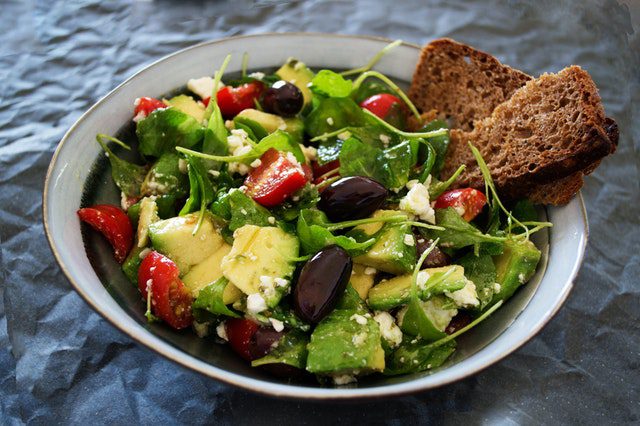
Chemotherapy Diet and Nutrition. What to expect, Dos and Don’ts
- onco
- October 16, 2021
Two of the most commonly experienced side effects of chemotherapy are loss of appetite and change in the experience of the taste of food. Loss of appetite may appear as feeling less hungry or feeling satiated after eating a very small portion of food. Some cancer treatments may also lead to a change in taste.
One can experience lack of hunger because of nausea, oral pain that may make it difficult to ingest food, or medication that causes loss of taste. Sometimes, feelings of fatigue and depression can also add to the problem. In a few cases however, treatments can result in an increase of appetite and weight gain. As long as one subscribes to a healthy balance of the list of recommended foods below, weight loss and gain are immaterial and expected.
How long does it last?
There is no standard timeline. The feeling can extend from a day to couple of weeks or months. But worry not! Our experts recommend the following strategies to navigate a healthy and nutritious diet through your cancer treatment journey.
Why is diet important during chemotherapy?
It is vital to eat well before, during and after chemotherapy, even if one lacks an appetite. The cleaner you eat, the faster the healing will prevail. Foods rich in protein, vitamins and carbohydrates are necessary. These will ensure that infection is fought against in the body and tissue repair is sustained.
Suggestions to maintain a healthy eating lifestyle during chemotherapy
It is understandable that you may lose your morale and feel unmotivated to eat clean or eat at all. Following are some shortcuts you can integrate into your life to ensure you don’t lose out on those essential nutrients!
- Small meals instead of large ones: A large meal can give a feeling of fullness and exacerbate nausea. Instead, it is recommended that instead of 3 large meals, one breaks their dietary intake into six small snacks every two to three hours.
- Enrich your environment: Our surroundings impact our appetite. To combat its loss, we can eat socially with loved ones, as research shows one eats more in the company of another. If that option is not available, you can change the room of eating from time to time and watch a favorite movie while dining.
- Try different cuisines, garnishing and seasoning: If food begins to smell or taste bad, try different cuisines, instant mixes and flavorful seasonings such as vinegar, oregano, rosemary, thyme etc. If you keep your taste palette busy, colorful and diverse, chemo can become a less stressful experience.
- Schedule dining time: In order to eat even in the absence of an appetite, keep fixed meal and snack timings and an alarm clock as a reminder.
- Supplements and vitamins : Check with your doctor on essential supplements and vitamins that can help increase appetite and give you the much needed energy boost.
Do’s
Avocado, soups, oatmeal and smoothies can be added to compensate for lack of appetite. You can also keep your favorite snacks handy. Bread and crackers are an excellent choice as they are high on calories. Lentils and pulses can help keep your protein index high, along with cooked eggs.
Don’ts
In some cases, chemotherapy suppresses our immune system, by the way of reducing white blood cell production. This means it is important to avoid certain foods until our immune system is back to its full strength.
Raw foods or undercooked foods can cause stress on the system and thus should be avoided. Raw seafood and milk should be avoided for the same reason. Certain variet6y of cheese such as blue cheese or brie can cause more stress to the immune system so should be skipped. Acidic and spicy foods can cause irritation so should be avoided too.
Recent Posts
-
Pap Smear Screening for Cervical Cancer: Everything You Need to Know
February 26, 2025
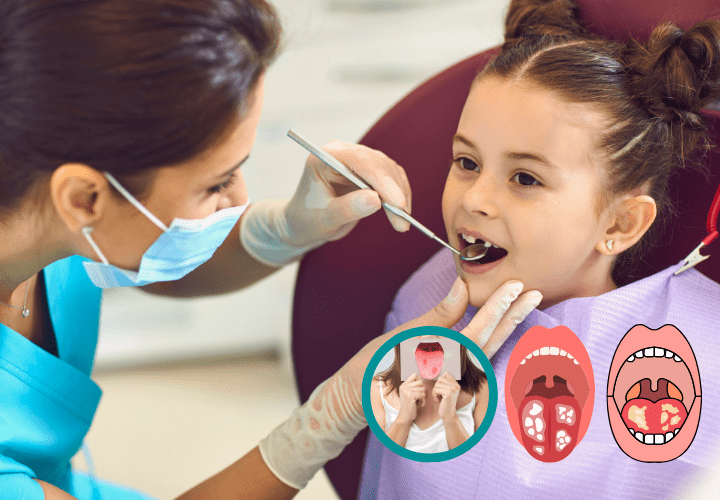
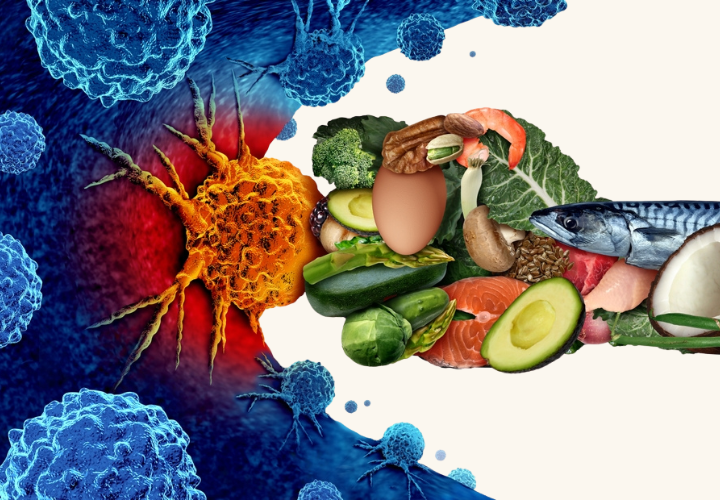
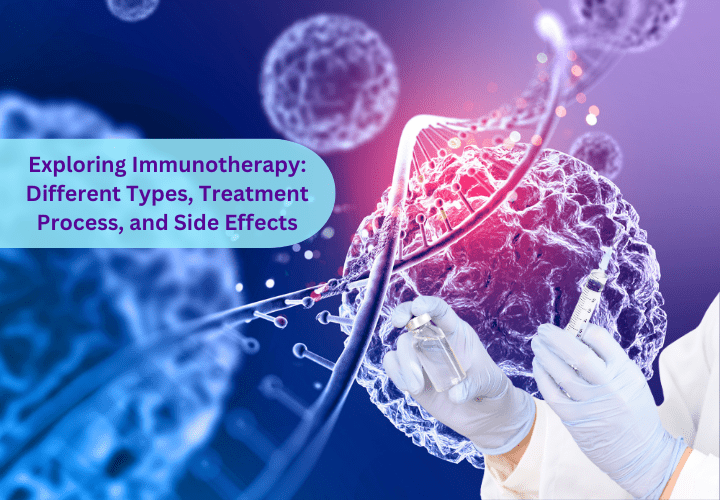
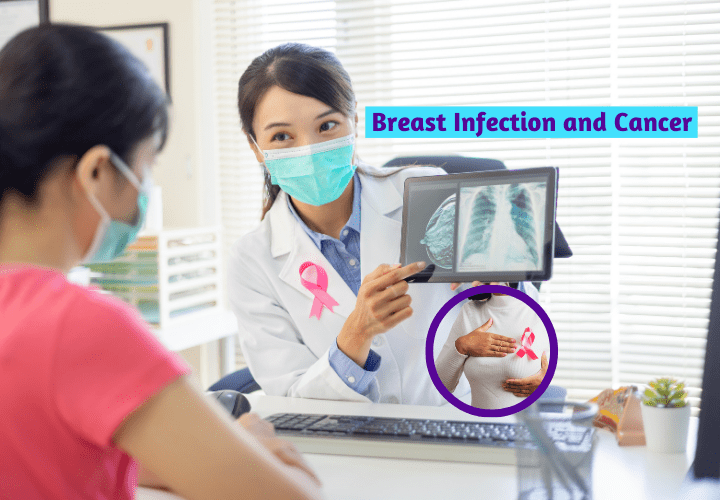
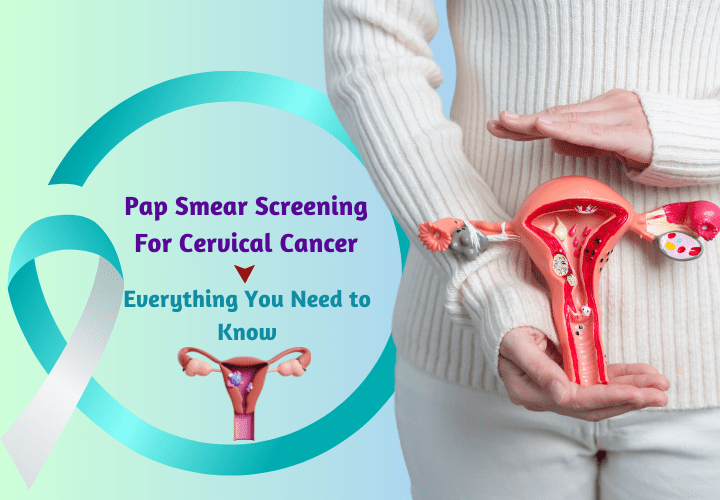
Leave a Reply